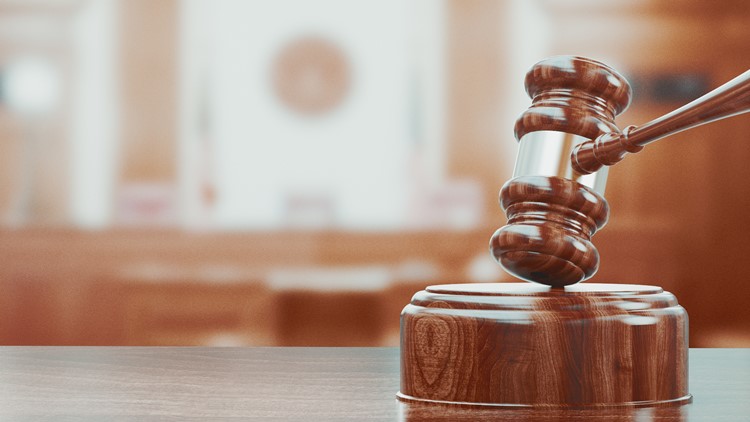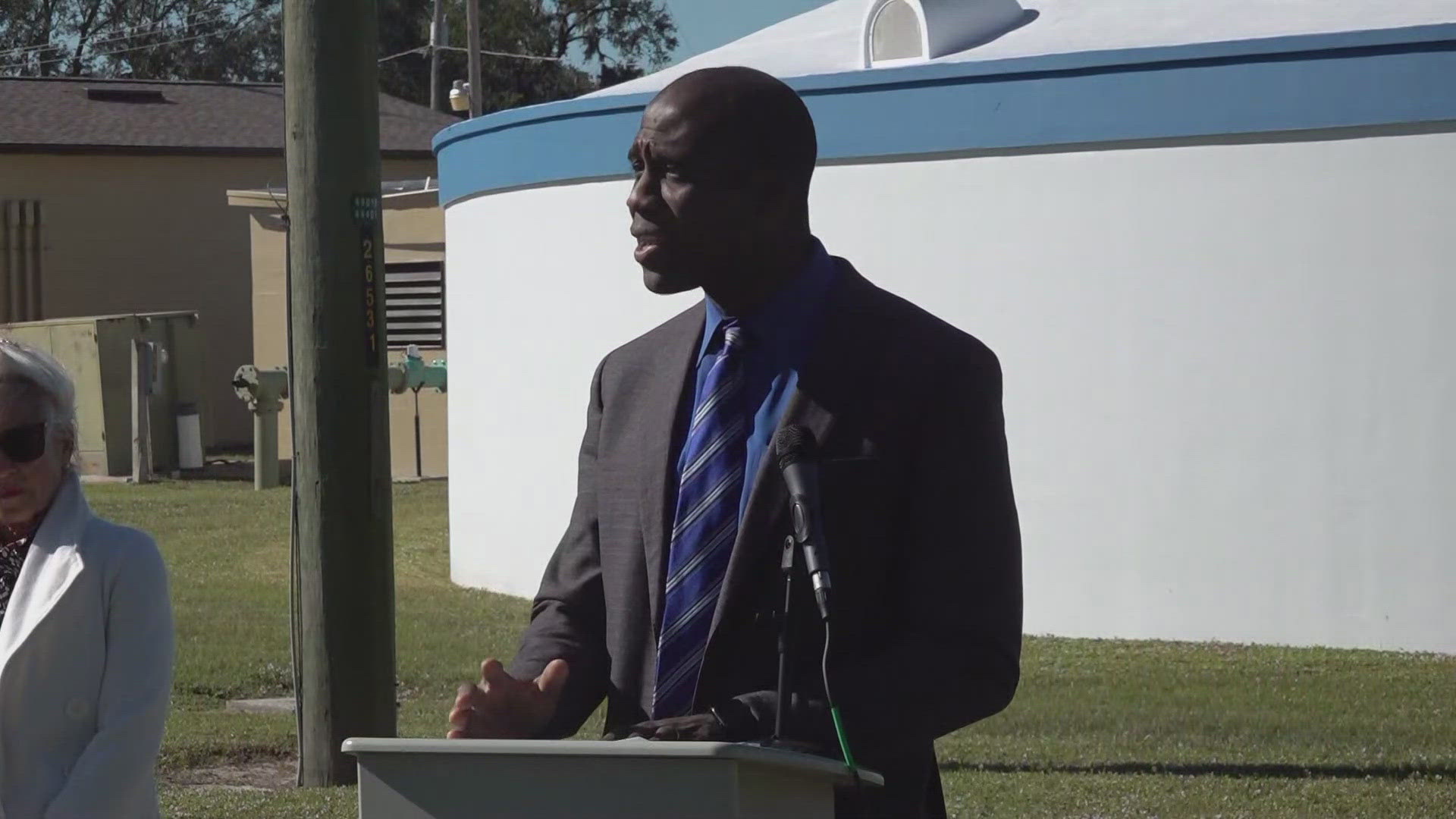LAKELAND, Fla. — Lakeland Regional Medical Center is chucking out $4 million in an agreement to pay the U.S. to resolve allegations that the medical center "made donations to a local unit of government to improperly fund the state's share of Medicaid payments to LRMC."
Through the Florida Medicaid Program, medical assistance is provided to low-income people and people with disabilities, and it's jointly funded by the federal and state governments. Florida's share of Medicaid payments can not come from "non-bona fide donations" from private healthcare providers, such as hospitals, the Department of Justice explains in a news release.
"A non-bona fide donation is a payment — in cash or in kind — from a private provider to a governmental entity that is then returned to the private provider through a payment by Medicaid," the DOJ said. "Because Medicaid services are reimbursed jointly by the federal and state governments, a non-bona fide donation causes federal expenditures to increase without any corresponding increase in state expenditures since the state share of the Medicaid payments to the provider comes from and is returned to the provider."
The U.S. alleged that between October 2014 and September 2014, Lakeland Regional Medical Center made "improper," non-bona fide donations to Polk County, Florida, by assuming an paying certain of Polk County's financial obligations to other healthcare providers, the DOJ says.
The donations were allegedly made to increase Medicaid payments received by Lakeland Regional Medical Center, "by freeing up funds for the county to make payments to the state as the state share of Medicaid payments to LRMC."
"The state share was 'matched' by the federal government before being returned to LRMC as Medicaid payments," the DOJ says. The Medicaid payments LRMC received were considered in violation of the prohibition on non-bona fide donations.
"When private parties make improper donations to fund the state share of Medicaid, they undermine a key safeguard for ensuring the integrity of the Medicaid program," Principal Deputy Assistant Attorney General Brian M. Boynton, head of the Justice Department’s Civil Division, said in a statement. "Medicaid expenditures should be determined by beneficiaries’ medical needs rather than by donations by private hospitals to local units of government."



